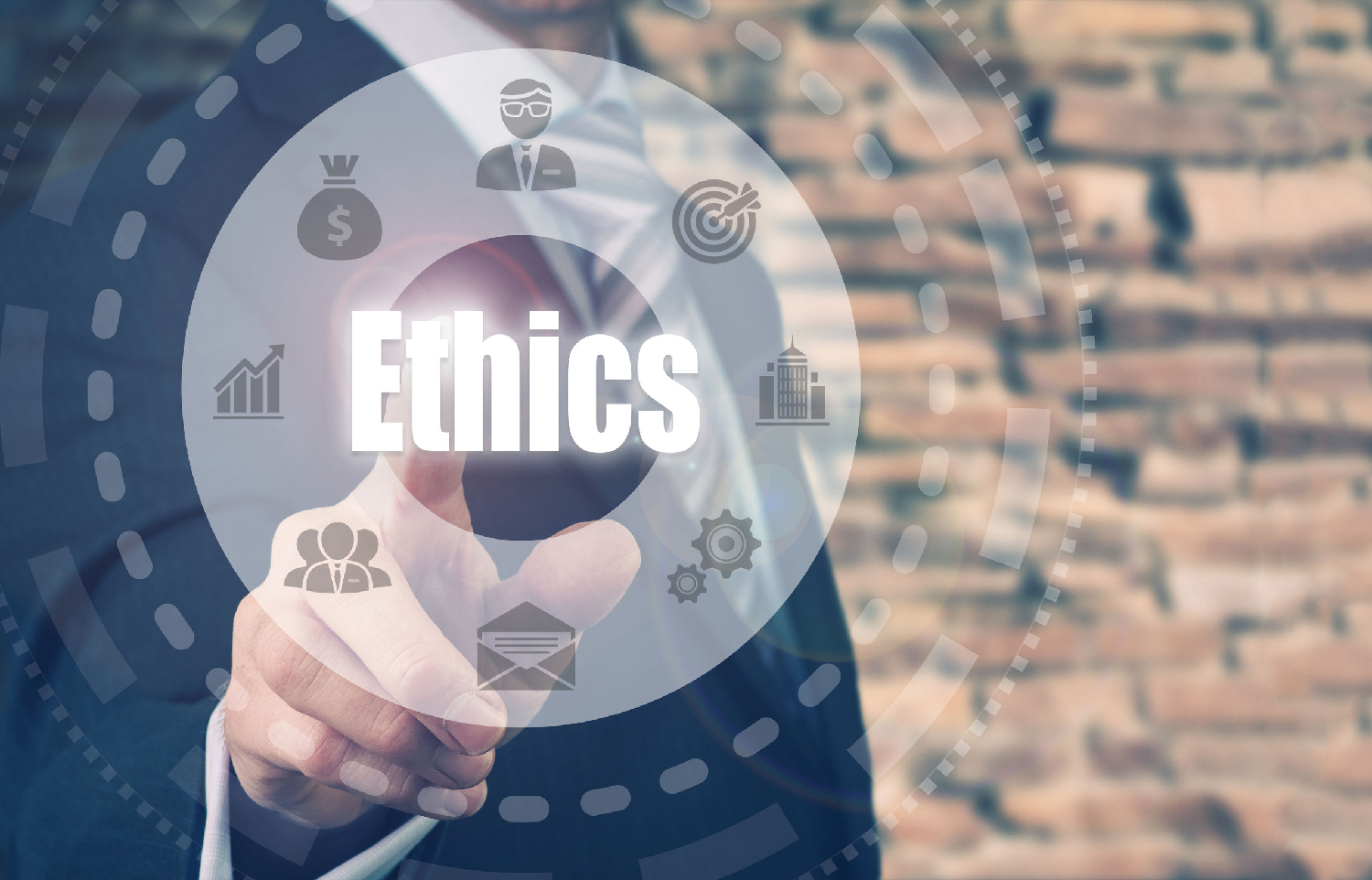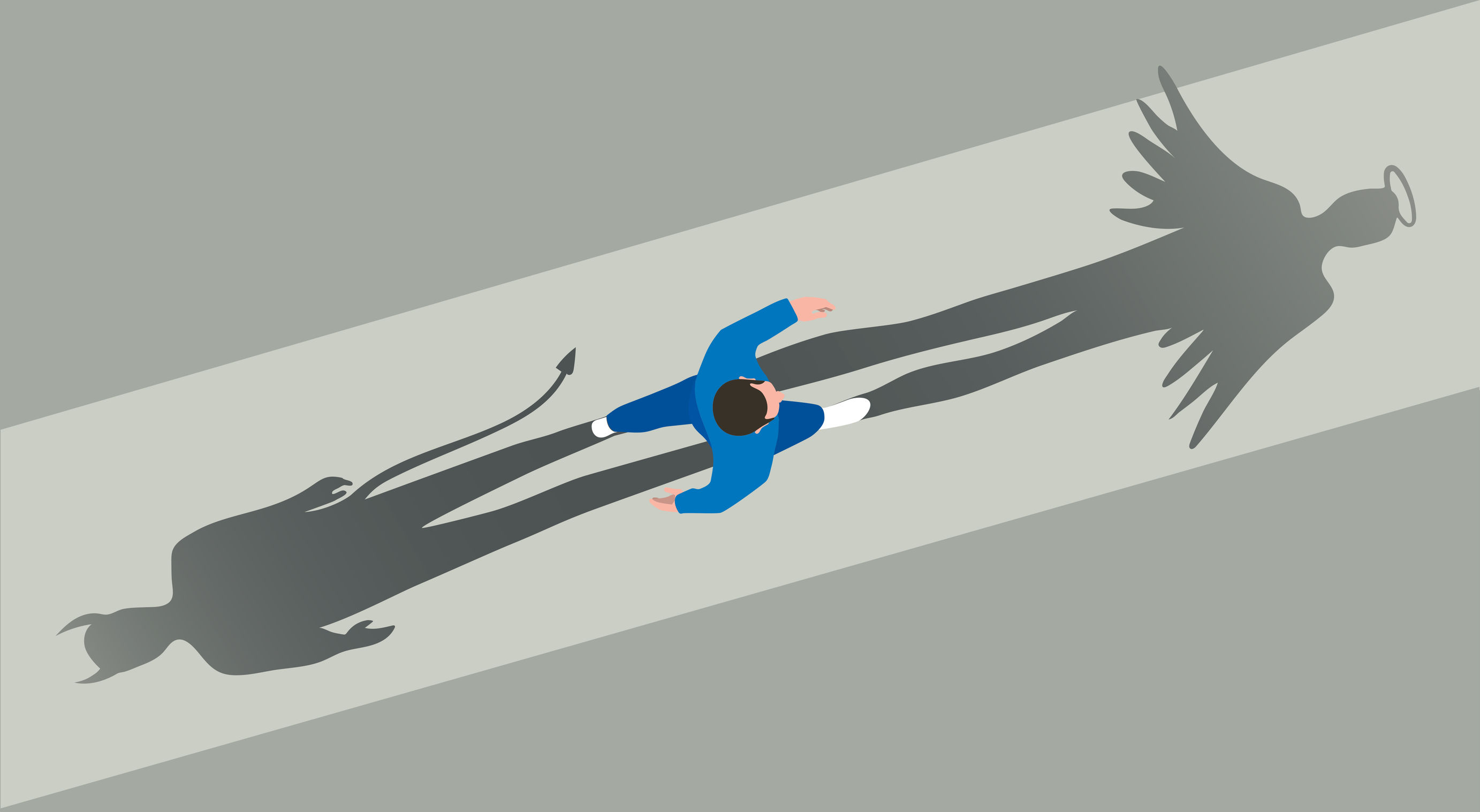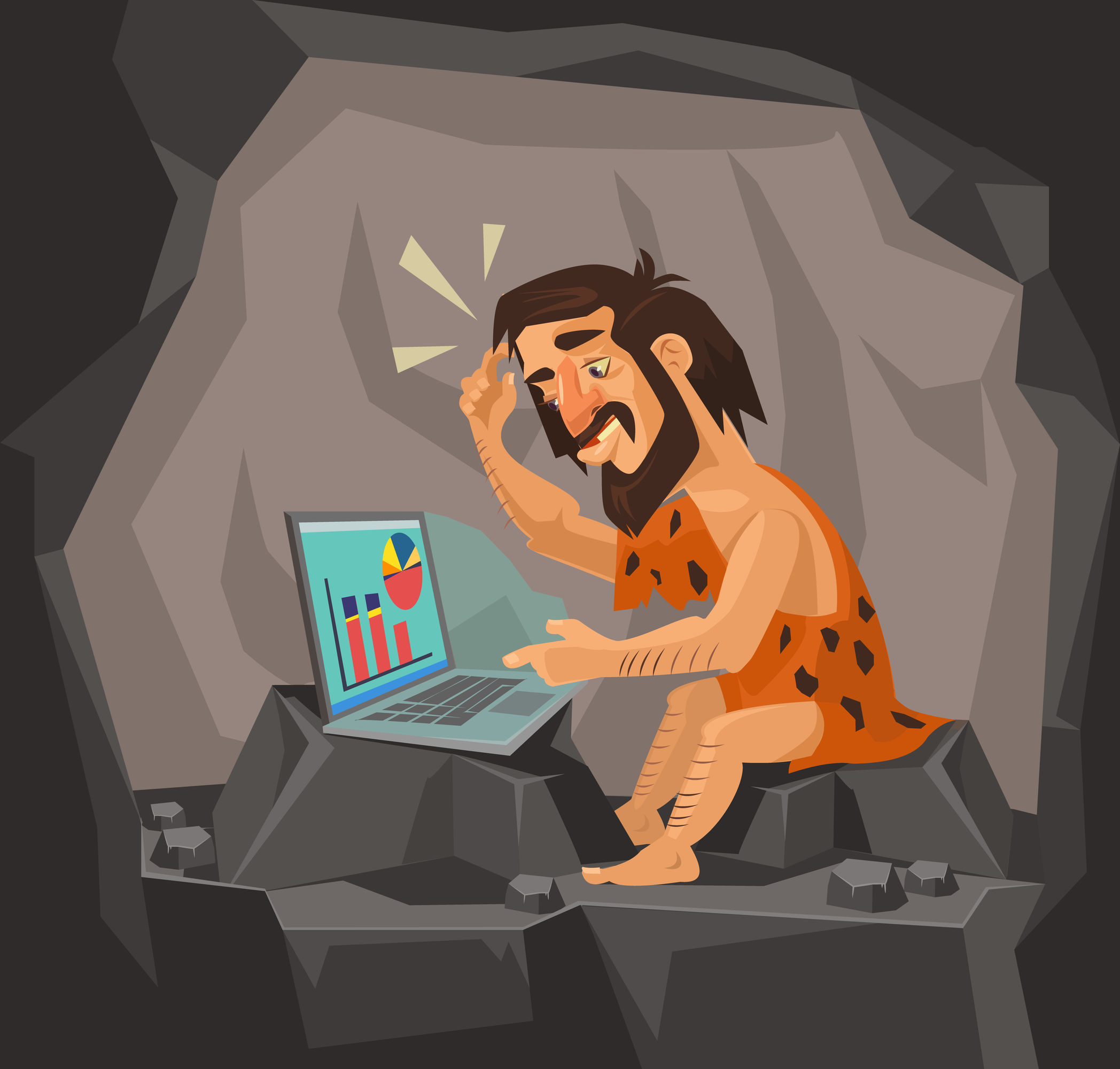 As arrogant occupants of 21st-century Earth, who can rightly boast of creating exciting innovations, like the computer, talking paint, and the margarita blender, it serves us to believe we’re also the more enlightened generation.
As arrogant occupants of 21st-century Earth, who can rightly boast of creating exciting innovations, like the computer, talking paint, and the margarita blender, it serves us to believe we’re also the more enlightened generation.
But honesty demands acknowledgement that contemporary applications of wisdom, morality, and ethical behavior are in fact derivative of concepts first proposed long ago by the ancients.
For example, in addition to the almost four-millennia-old, legendary Mosaic Laws, consider the 10,000-year-old Chinese wisdom, I Ching, The Book of Changes. Then there’s the 5,000-year-old Upanishads from India, and finally, King Solomon’s first millennium BCE wisdom from Ecclesiastes and Proverbs. It must be noted that some of this awesome self-awareness was first contemplated at a time when receding Ice Age glaciers were still carving Scotland’s Loch Ness and the Great Lakes of North America, while others came to light barely on the threshold of the written word.
Alas, ethically and morally speaking, we moderns are merely the new models, not the better ones. Hold that thought.


 If you’ve read my column in the past, you know that I consider the only positive to accrue to the Main Street economy during the Lost Decade (2007-2016) is the unprecedented financial strengthening of America’s small business sector.
If you’ve read my column in the past, you know that I consider the only positive to accrue to the Main Street economy during the Lost Decade (2007-2016) is the unprecedented financial strengthening of America’s small business sector. “This is for one of those customers from hell.”
“This is for one of those customers from hell.”